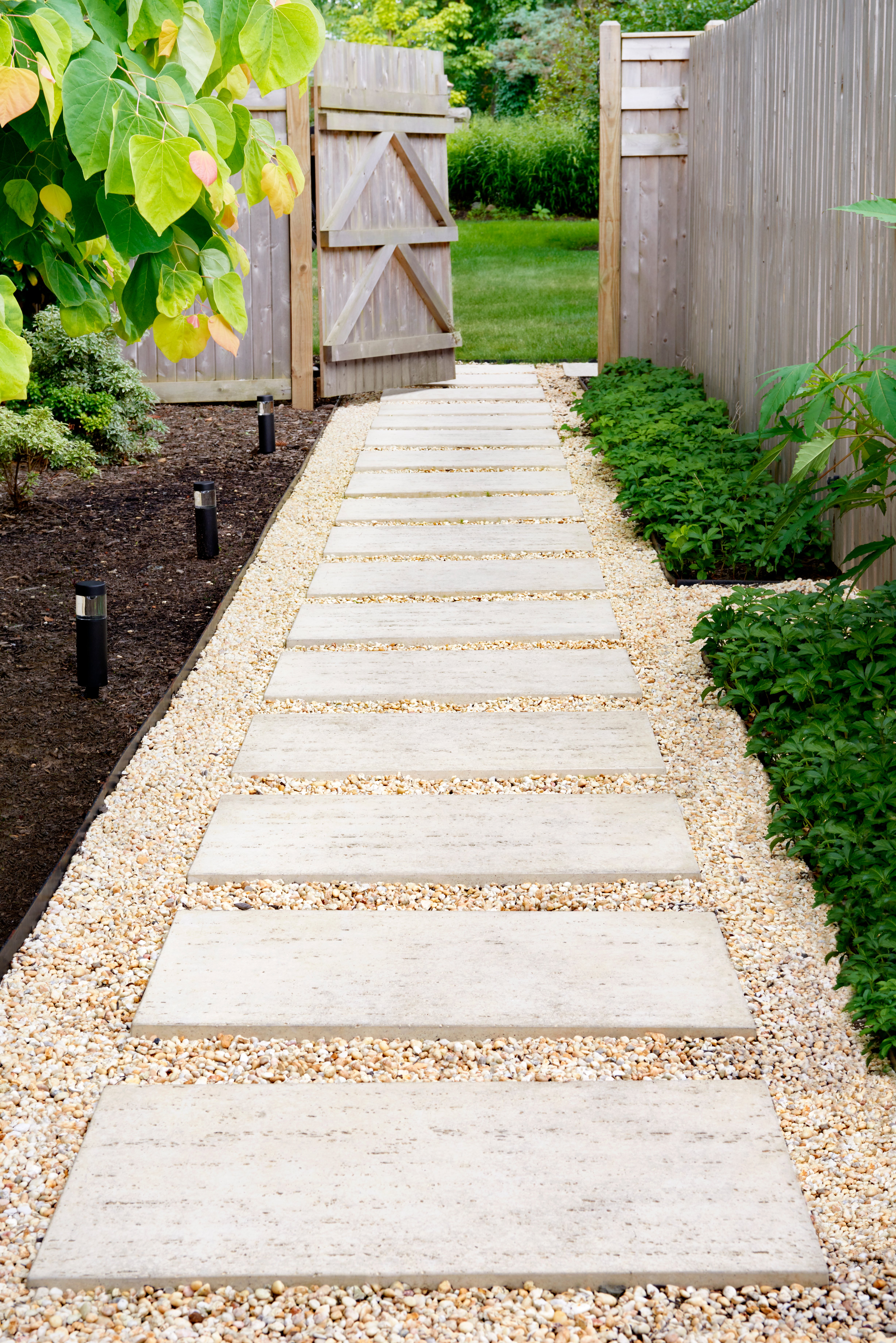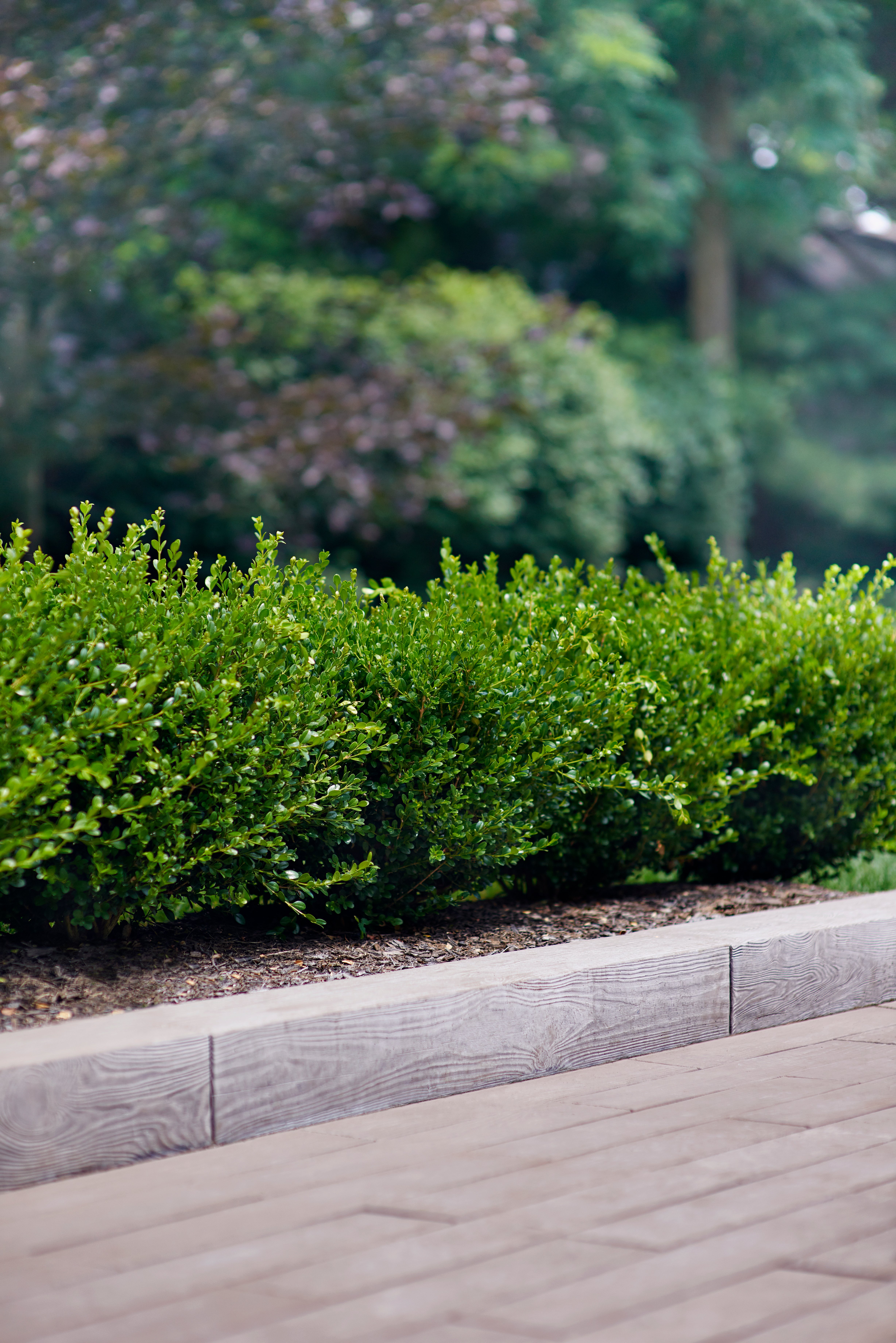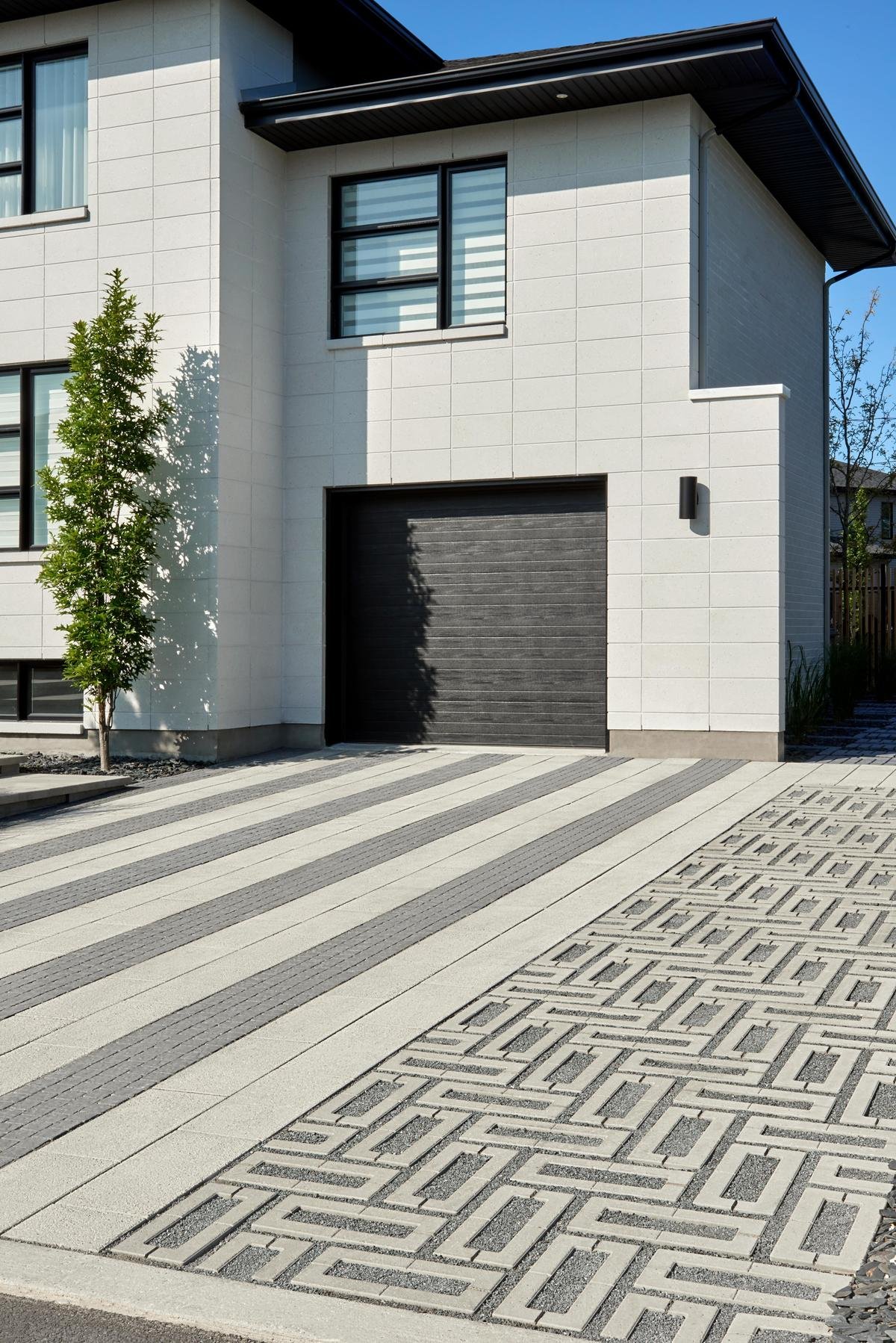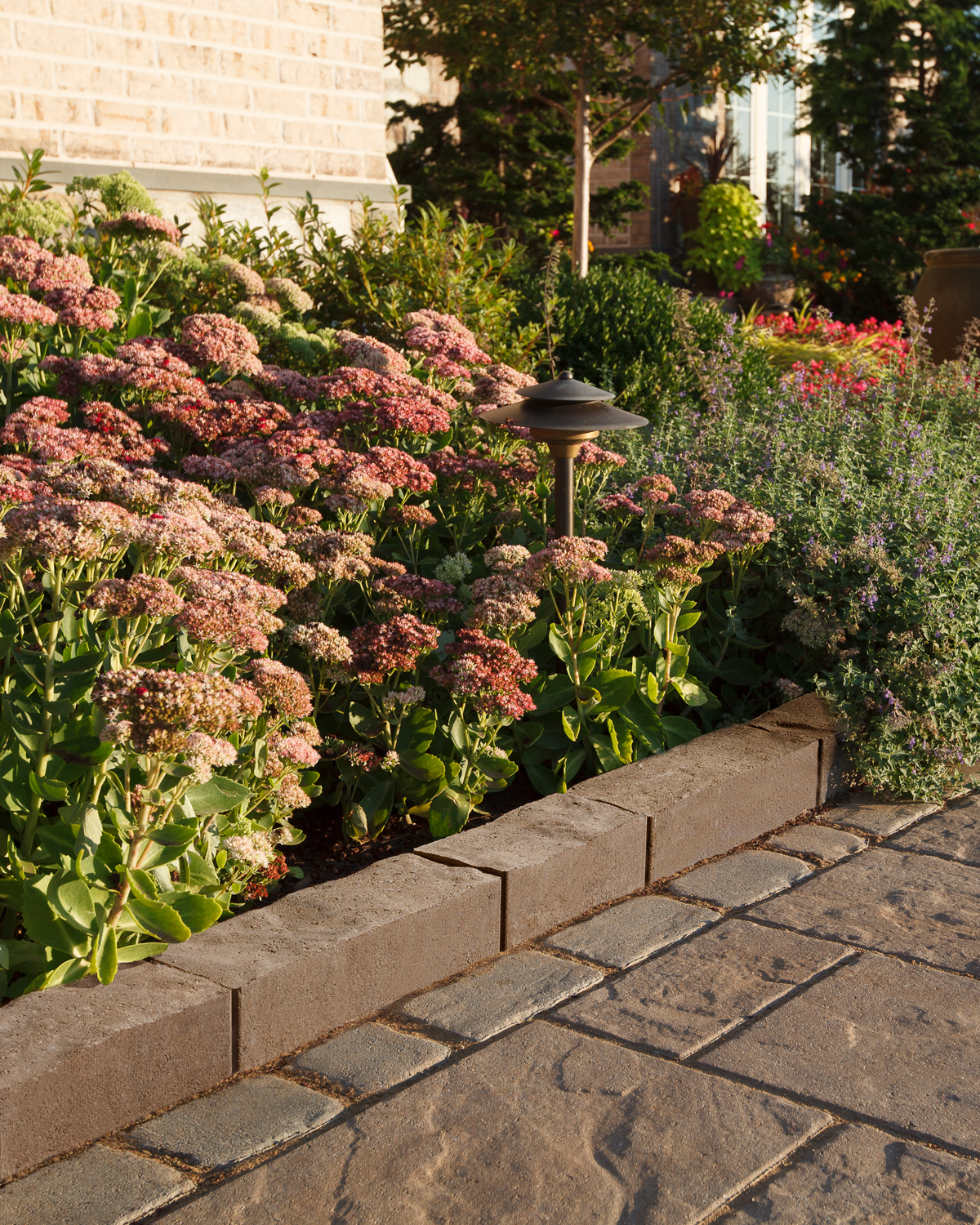The year 2020 will forever be remembered as the year we redefined our relationship with home. While spending most of our time under the same roof wasn’t entirely up to us, many people leaned into this reality as an opportunity to work on their interior decor and exterior landscaping. If we’re going to spend our summer at home, we might as well love where we live!
If you’re looking to jazz up your yard, get inspired by one of this year’s most popular trends: 2021 is all about local and green landscaping, which focuses on sustainability and eco-friendly practices.
What is green landscaping?
Whether your goal is to reduce your energy bill, join the fight against climate change, or help save the local bee population, green landscaping (also known as sustainable or eco-landscaping) is a great option for beginner and expert gardeners alike.
From mass agriculture to at-home gardening, people have been migrating away from harmful chemical treatments and techniques for years in order to be kinder to the environment. This alternative approach focuses on planting and growing a beautiful garden or lawn in a sustainable, holistic manner, nurturing local wildlife and reducing pollution in the process.
Best practices for green landscaping design
No two eco-friendly gardens are the same – your approach will depend on your region’s climate, your budget, and how much space you have to work with. Depending on your personal situation, you can mix and match the following landscaping methods to create a sustainable garden that works for you.
Avoid synthetic chemicals
Mother Nature has been growing chemical-free flowers, crops, and grasses since the dawn of time – follow her lead with these eco-friendly practices! Avoiding chemical fertilizers, pesticides, and herbicides is one of the core tenets of green landscaping. Instead, use compost and other organic materials to provide the nutrients your garden craves (if you want to learn more about your soil composition and what might be missing, purchase a soil testing kit). Additionally, using too much nitrogen or phosphorus fertilizer can create toxic runoff and pollute precious groundwater.
Nourish with compost
Speaking of fertilizer alternatives, making your own compost and using it to feed your plants couldn’t be easier. The organic waste you produce in the kitchen, from eggshells to coffee grounds, can release carbon, nitrogen, and other healthy plant food into your soil: here’s a quick and easy guide on creating compost at home for a thriving garden.
Use water efficiently
Every time you turn on your tap, there it is! Water may feel like an infinite resource, but green landscaping is all about adopting efficient watering techniques. Sustainable practices include rain harvesting (instead of filling a watering can from the tap), laying down mulch to promote moisture retention, planting trees to create shady spots so the soil will dry out less quickly, and choosing plants that require less water in general. As a bonus, mulch also helps prevent pesky weeds!
Select native plant species
One of the best ways to ensure your garden’s success is to choose plant cultivars that are native to your region: they already know how to thrive where you live, and are incredibly water-efficient since this is exactly where they belong. You can speak with a local expert to decide which natives are right for your garden, and make sure that you are not opting for any invasive or aggressive cultivars, which can crowd out other plants and hurt the ecosystem.
Swap some of your lawn for a veggie garden
Having a lush green lawn is a point of pride for many, but grass is notoriously resource-intensive to maintain. Consider turning some of your lawn into a productive vegetable garden: living off the land produces the knock-on effect of reducing your reliance on grocery store produce, which is often shipped to you from far and wide (read: significant environmental impact). Speaking of ecological impact, the veggie garden can be made with our block retaining wall collections such a Borealis wooden retaining wall, which is low-maintenance and a more durable concrete option.
Opt for permeable pavers
If refreshing your driveway or walkway is part of your green landscaping project, opt for permeable pavers instead of regular concrete. The method required for the installation of these types of pavers is porous enough for water to flow through the joints, returning it to the ground instead of creating runoff for sewers and other bodies of water. In a practical sense, they’re also great for reducing the risk and severity of flooding, eliminating puddles, reducing ice-related hazards in the winter, and more!
Harness the power of solar
Strategically-placed outdoor lighting can make your garden look like a million bucks – but it can also have the same effect on your electricity bill. Solar-powered lighting is the perfect solution: these lights drink up sunshine during the day and provide a warm glow all night long (which is especially lovely if you’re entertaining guests outdoors). Green landscaping is all about using natural, renewable resources instead of energy-intensive solutions, and solar power falls squarely into this category!
Choose plants whenever possible
Sustainable landscaping focuses on creating wildlife habitats at every opportunity – so instead of building a fence, why not plant shrubs, trees, hedges, or bushes to create privacy? If you are set on creating a fence using wood, use reclaimed or recycled materials to reduce your carbon footprint.
Use non-polluting maintenance tools
Lawnmowers, leaf blowers, and other landscaping tools consume tons of gasoline and spew harmful emissions into the environment. The best alternatives are manual maintenance tools, like push-reel mowers and manual weedwackers, followed by energy-efficient electric options.
Design a landscape you’ll love for years to come
A sustainable garden is great for the environment, great for local wildlife, and great for you, too! Once you’ve selected your assortment of native plants, reclaimed decor accessories, and eco-friendly fertilizers, visit Techo-Bloc for a wide range of elegant hardscaping materials and permeable paver solutions. From pavers to patio slabs, we have everything you need to outfit your garden from top to bottom.





